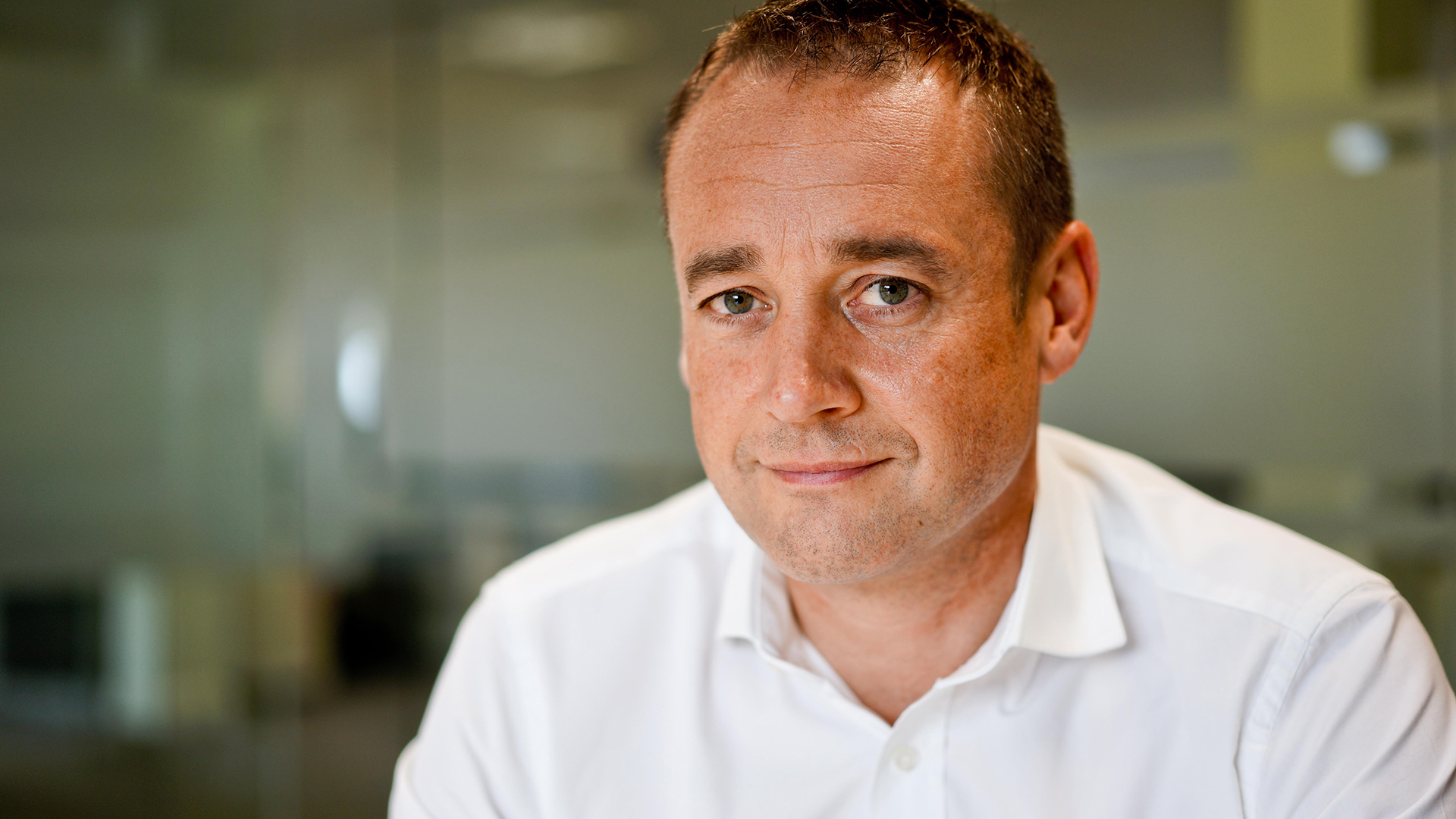Do the big banks and mainstream lenders really care about consumers on the margins of society? Given that banking and access to affordable finance are often heralded as essential services to getting by in the modern world, the vast numbers of people unable to access mainstream financial products is problematic.
Financial exclusion affects a wide range of people, including those on minimum wage with little disposable income, and can have knock-on effects for accessing accommodation and employment. It can also contribute to food poverty.
- Loss of physical bank branches leaving pensioners at ‘greater risk of scams’
- How do we keep hope alive in 2025 when so many people are going hungry?
While high-cost providers such as Wonga and, more recently Amigo Loans, did serve the ‘sub-prime’ market, tighter regulation on the back of concerns about unaffordable lending has drastically squeezed the sector, leaving millions in the financial hinterlands.
Some have resorted to borrowing from friends and family or, often unwittingly, illegal money lenders (aka loan sharks) that lead to a downward spiral of unaffordable debt and, in some cases, more sinister repercussions. Is there another way?
Dave Fishwick of Burnley Savings and Loans (BSAL) has lobbied parliament for major banking reforms. In 2022, BSAL reported it had given loans totalling more than £27m to thousands of businesses and consumers.
Iceland microloans – ‘helping fight food poverty through flexible, ethical credit’ – also offers a clear demonstration of how a different, mission-led approach can reach and support financially underserved populations: people some would argue have been cast aside by traditional high-street lenders who lack the appetite to serve this market. This particular high street retailer partners with community lender Fair For You, showing how well-thought-out partnership working can offer hope.





